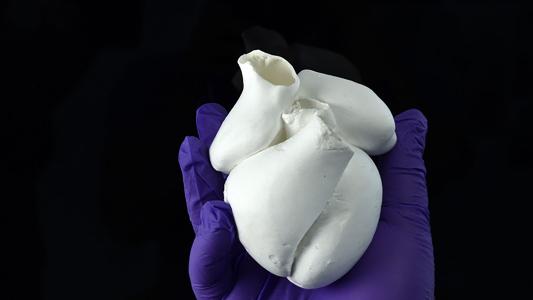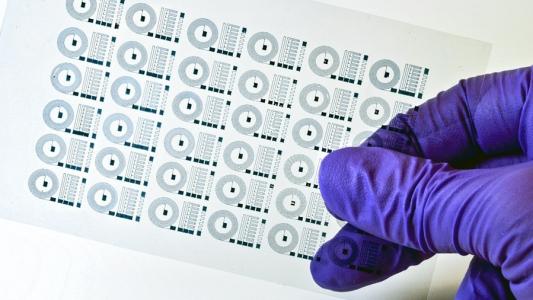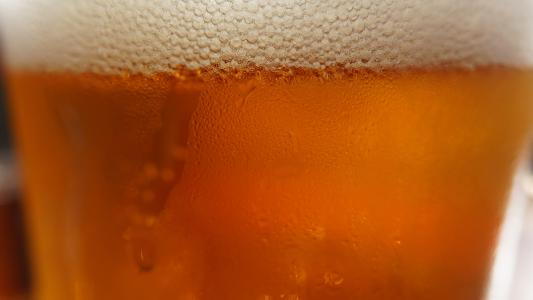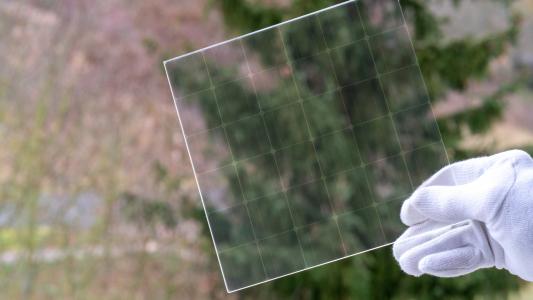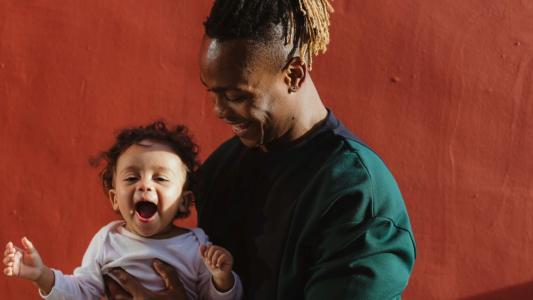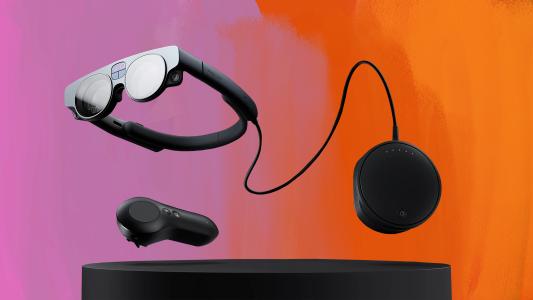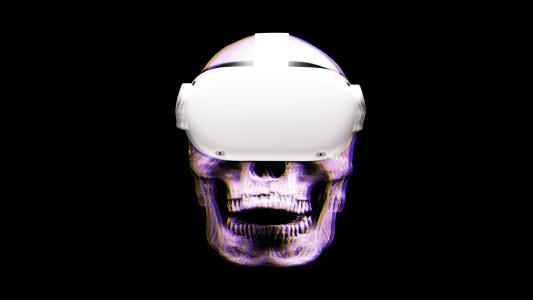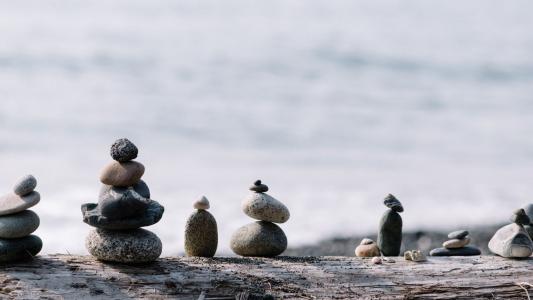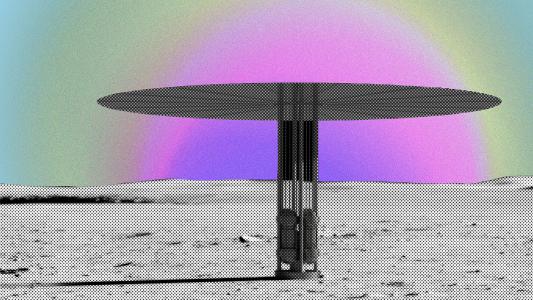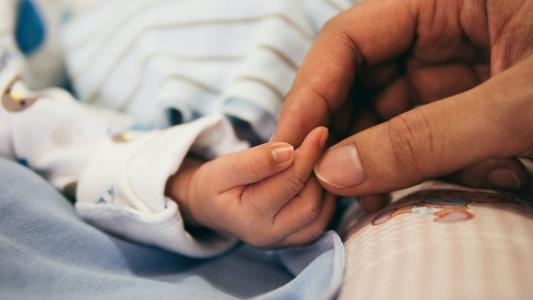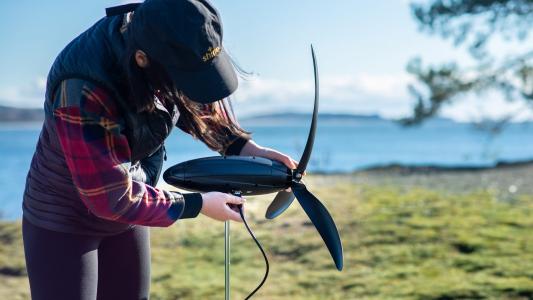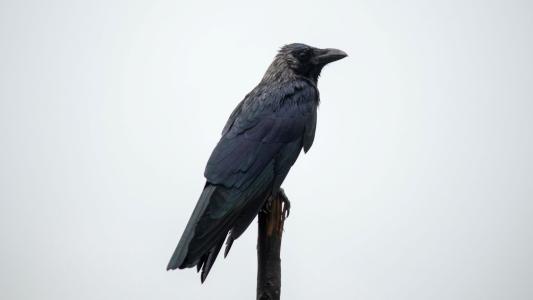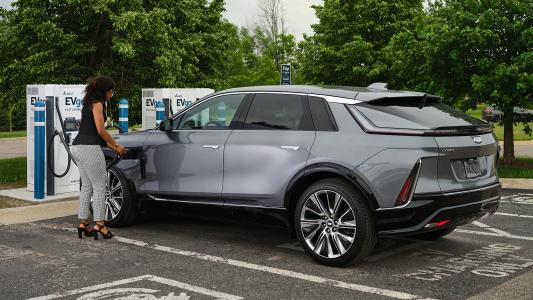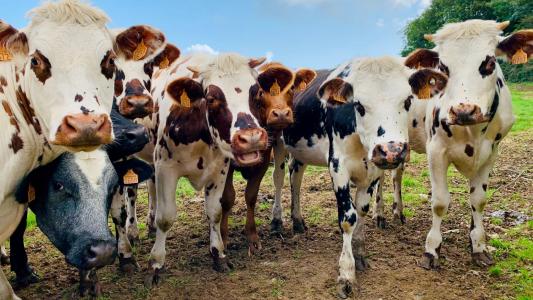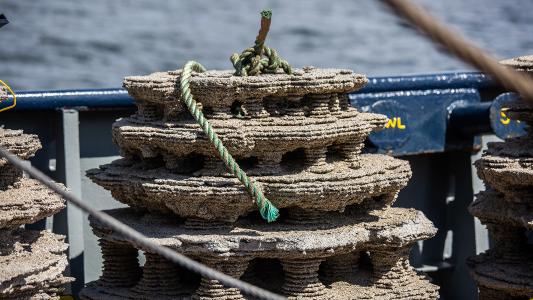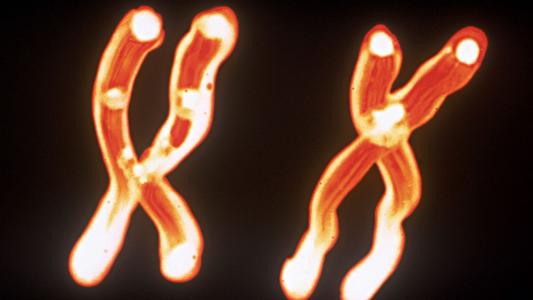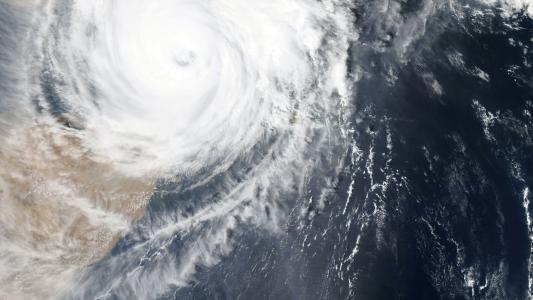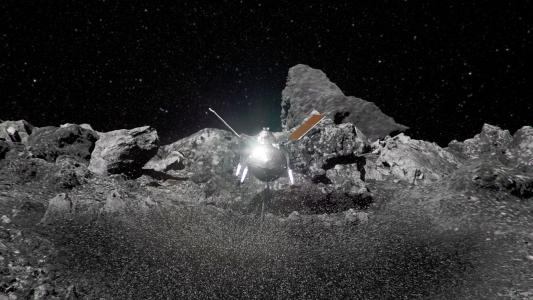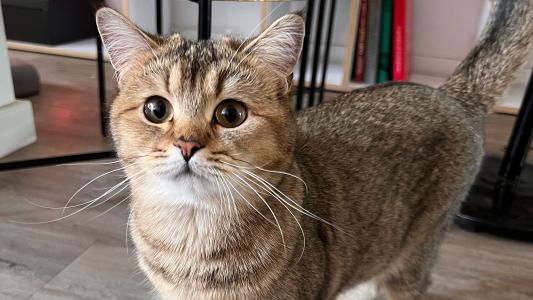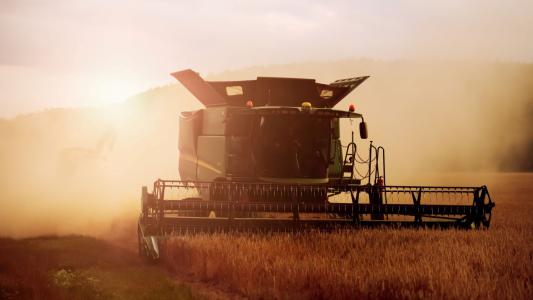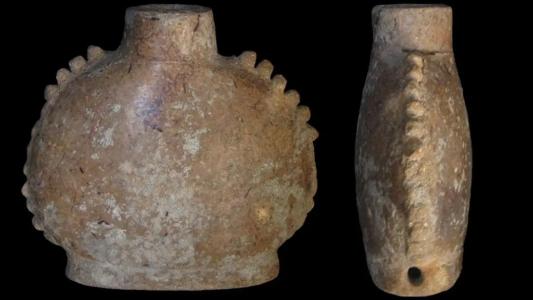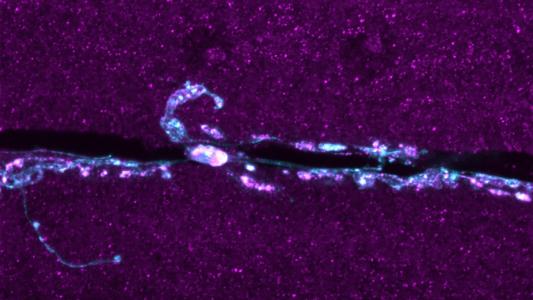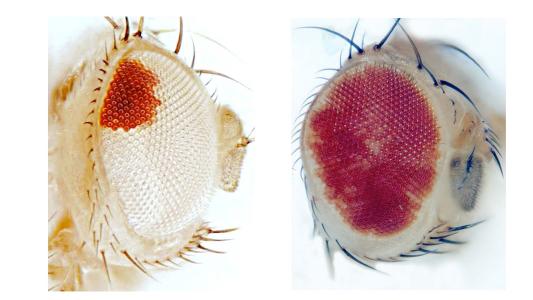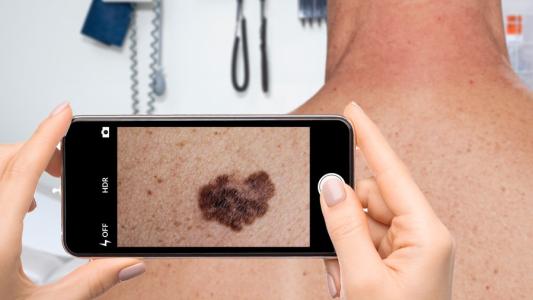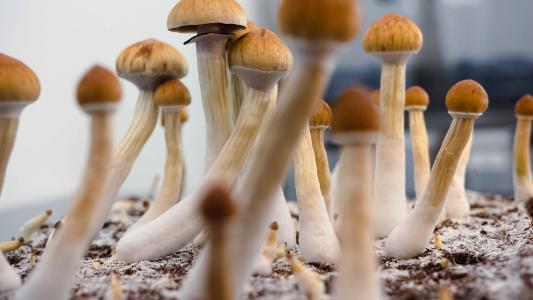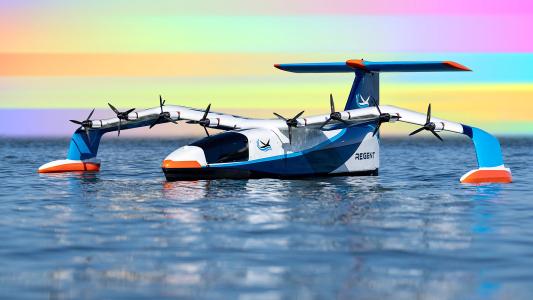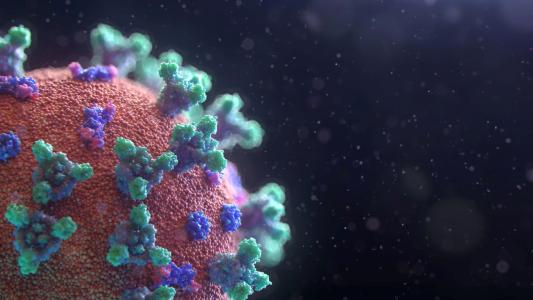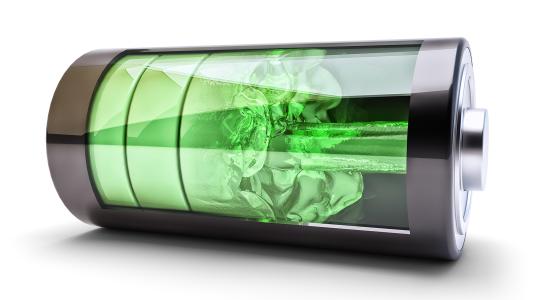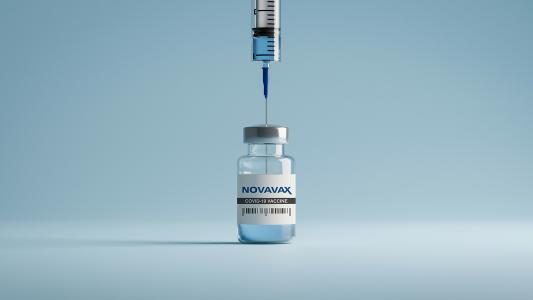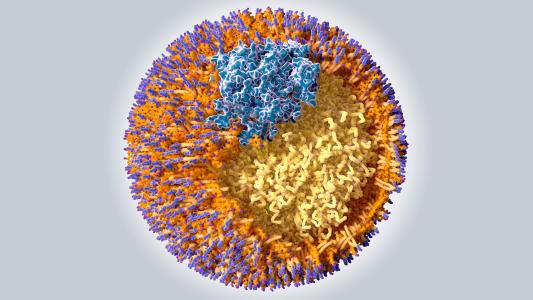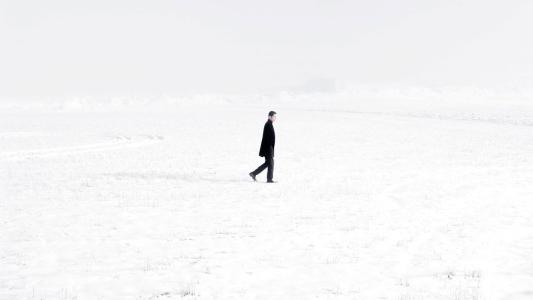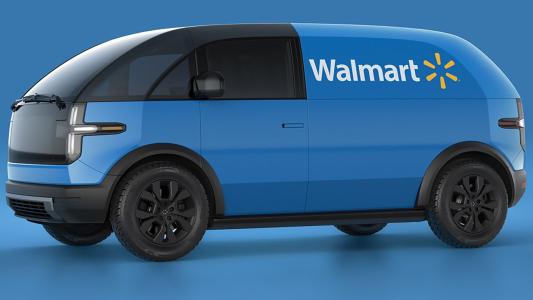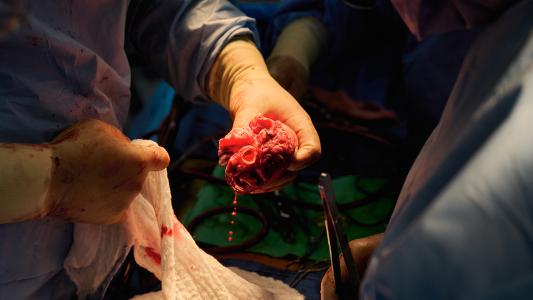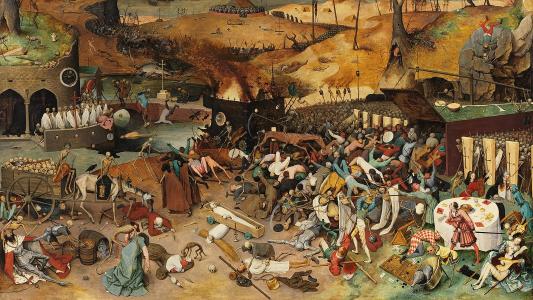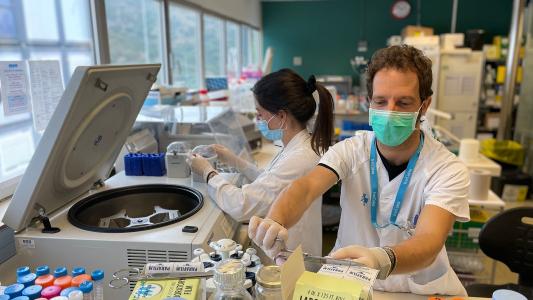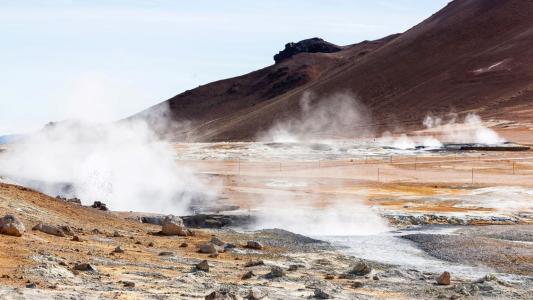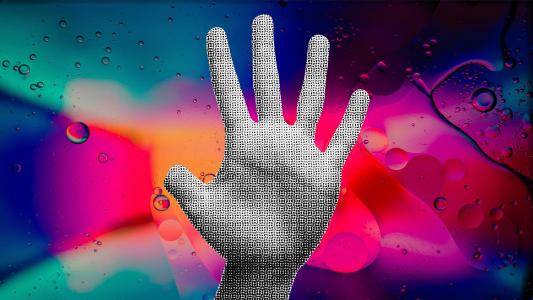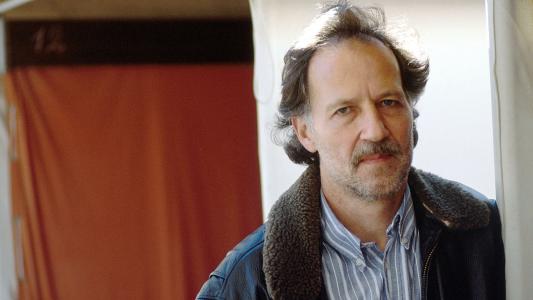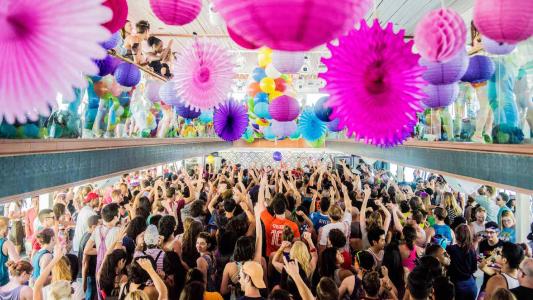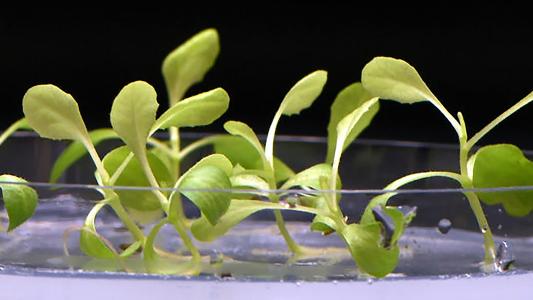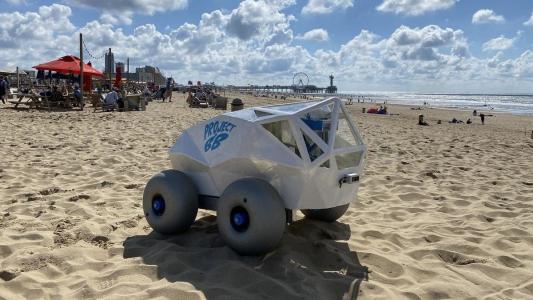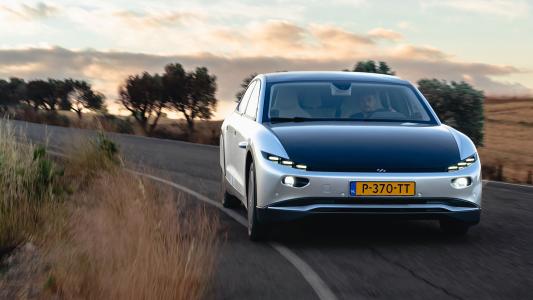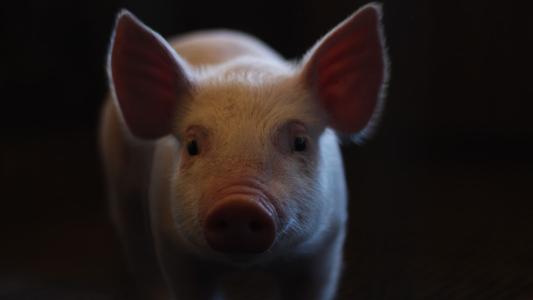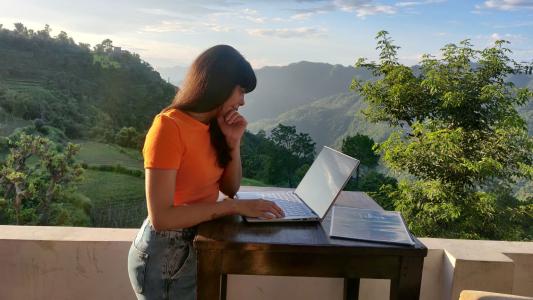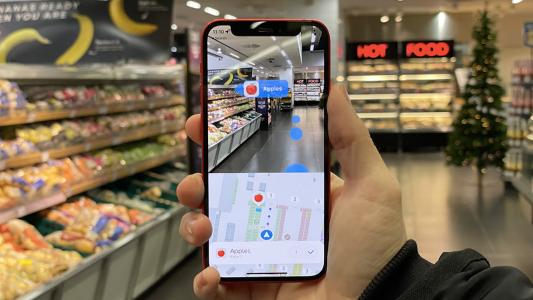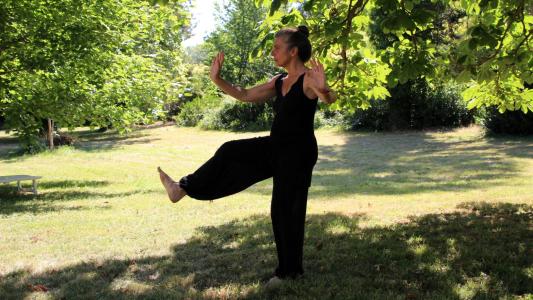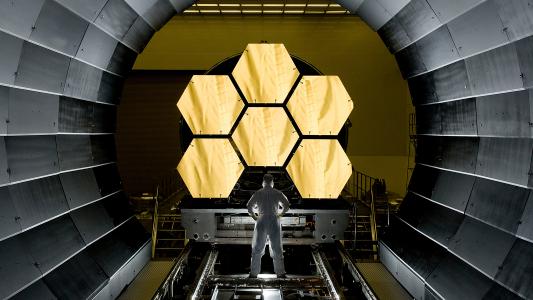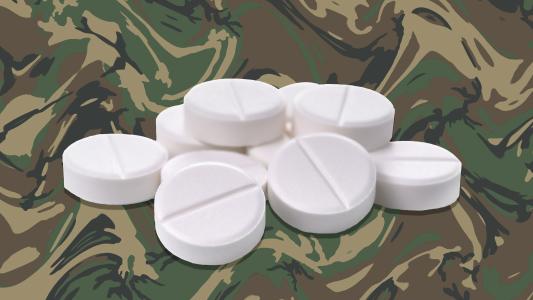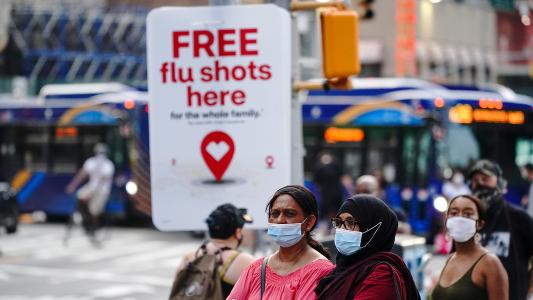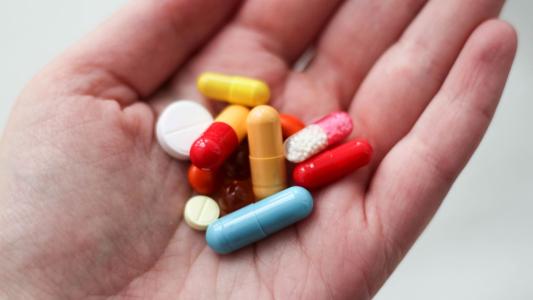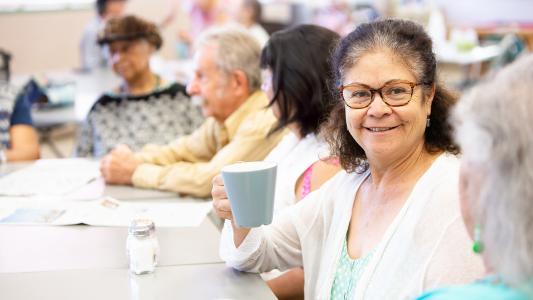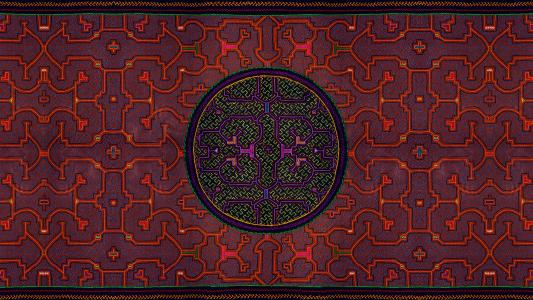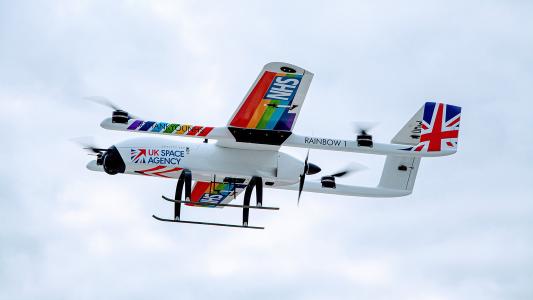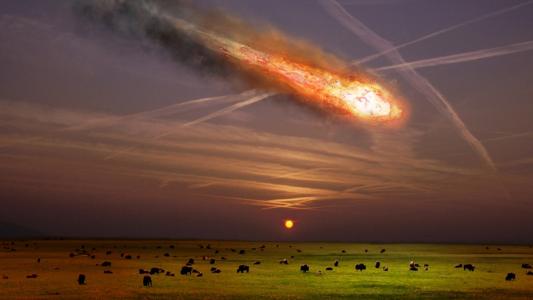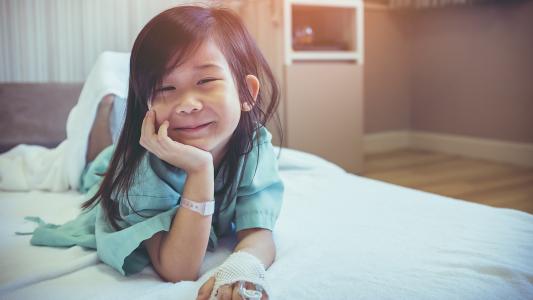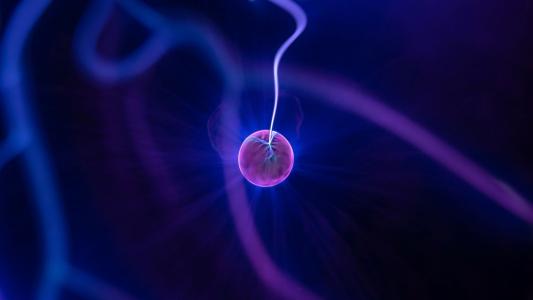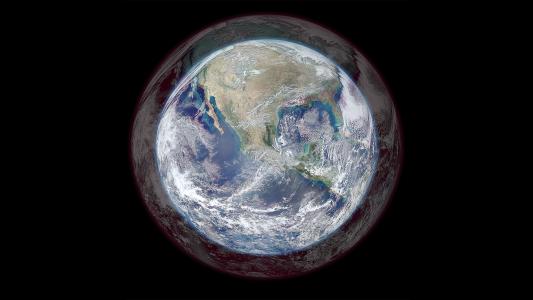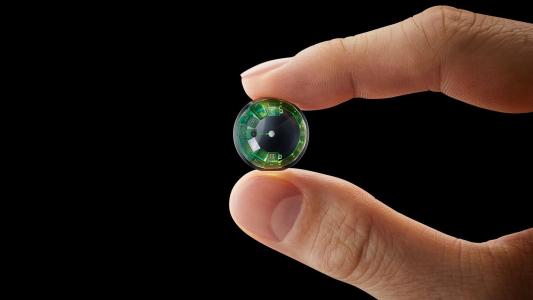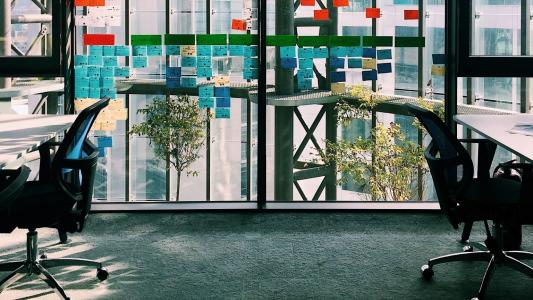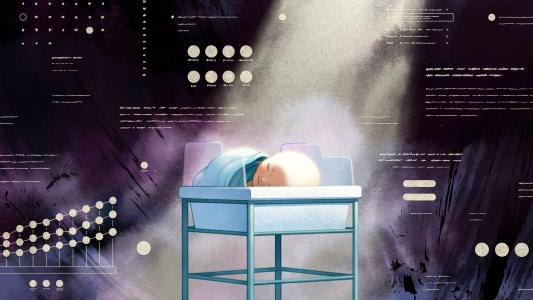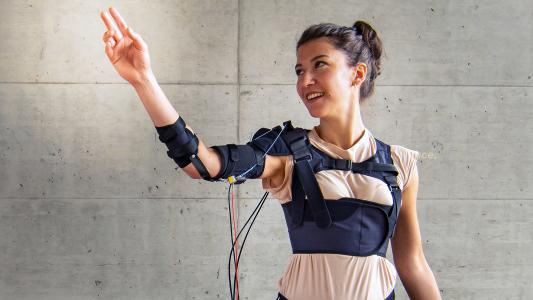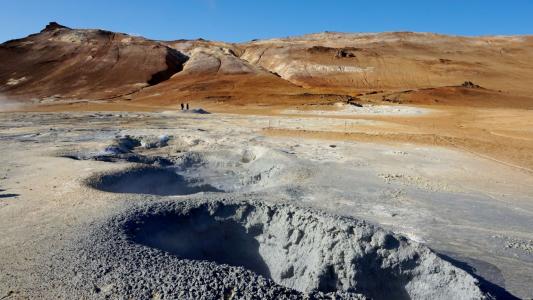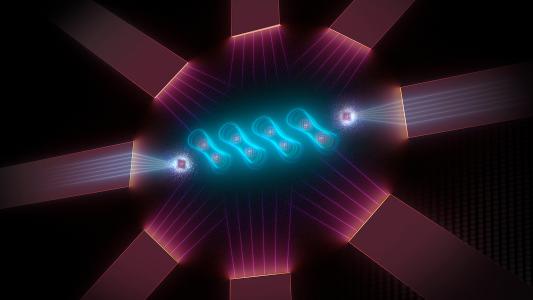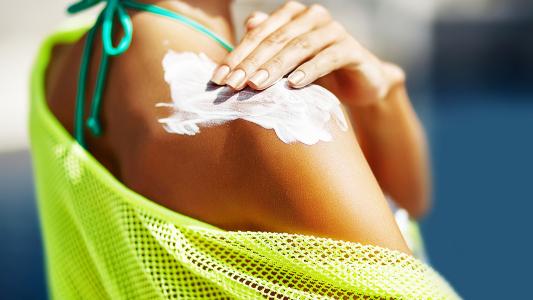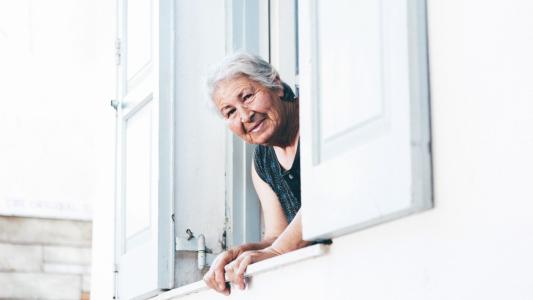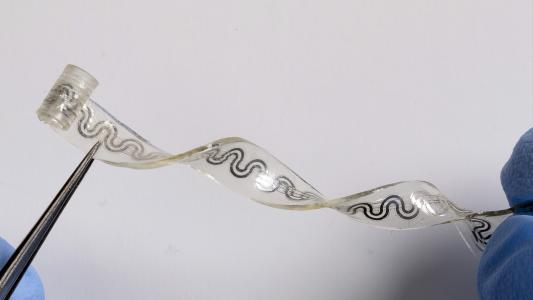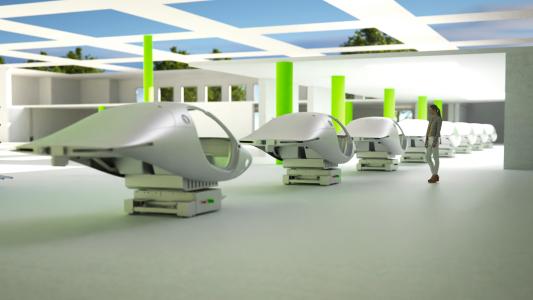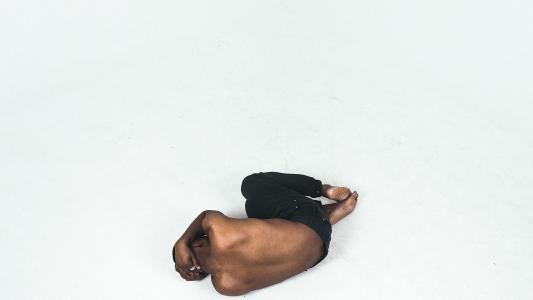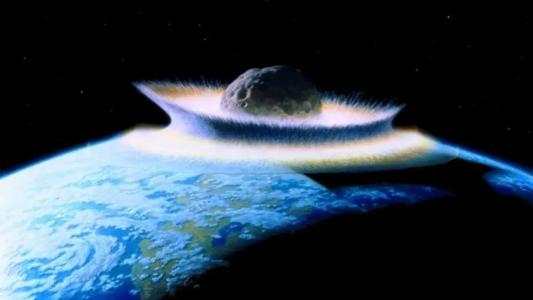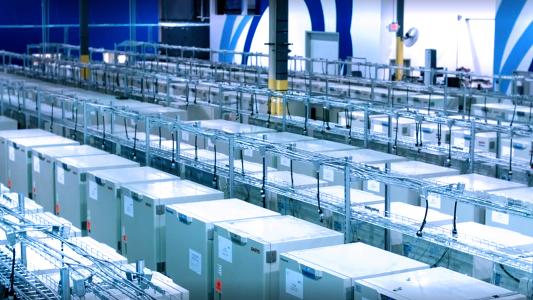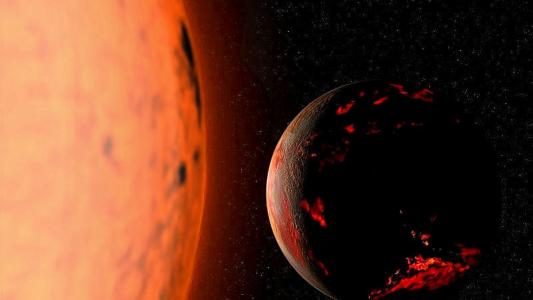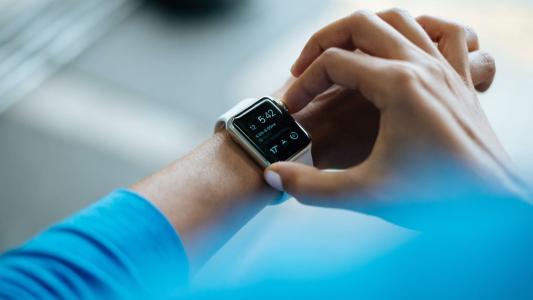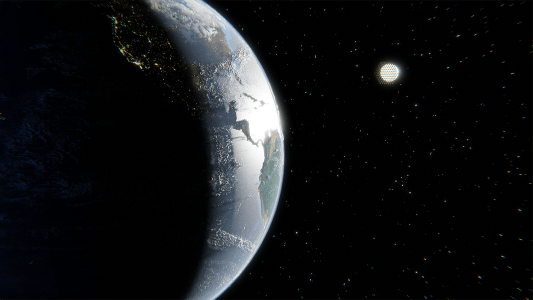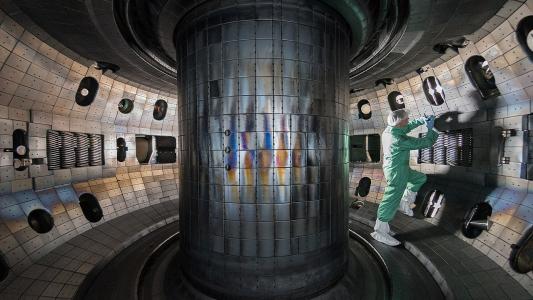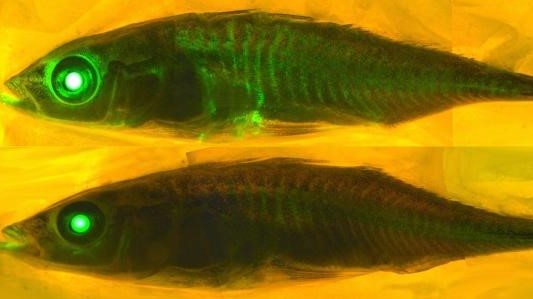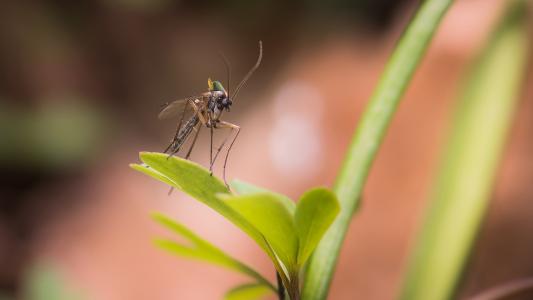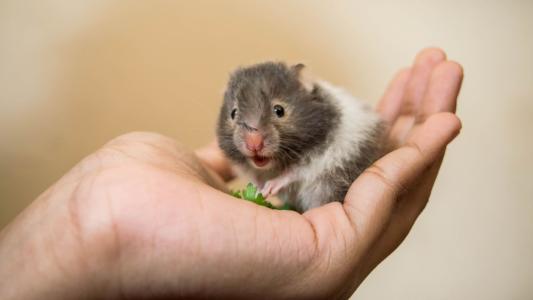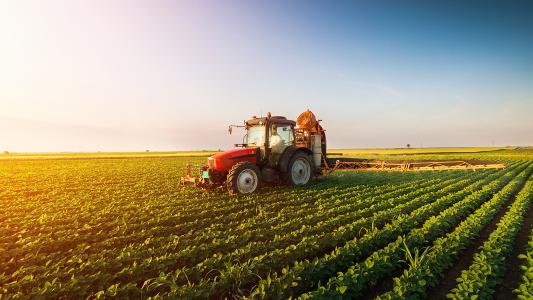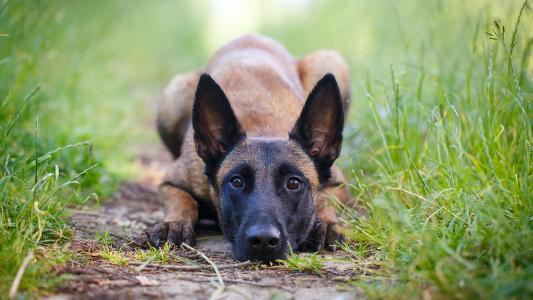Harvard scientists closer to solving centuries-old heart mystery
Harvard researchers have used a new method to crack the heart’s weird spiral muscle.
MIT engineers 3D-print rubbery brain implants that don’t “stab” the brain
How do you engineer an implant that doesn't harm an organ as soft as tofu? MIT engineers 3D-printed new soft brain implants.
Why is Singapore making beer from recycled wastewater?
“I mean, it tastes just like beer, and I like beer.”
Transparent solar panels could soon turn windows into energy harvesters
A new solar panel design can efficiently convert light into electricity, while still allowing almost 80% of incoming light to pass straight through.
Nurturing dads raise emotionally intelligent kids
Nurturing dads raise more emotionally intelligent children, helping make society more respectful and equitable.
You can ride this “flying” electric ferry in 2023
Stockholm is piloting a “flying” electric ferry that’s expected to cut commute times in half and make public transportation more sustainable.
Magic Leap reveals release date, price for new AR glasses
Two years after laying off half of its staff, Magic Leap is back with a new pair of AR glasses, the enterprise-focused Magic Leap 2.
VR exposure therapy app lets you face phobias on your own terms
Exposure therapy is a reliable technique for overcoming irrational fears, but it currently suffers high patient dropout rates.
The Four Enemies to a happy life and how to defeat them
Buddhist psychologists, Robert Thurman and Sharon Salzberg, have identified "Four Enemies" that are obstacles to a happy, fulfilled life.
NASA is closer than ever to generating nuclear power on the moon
NASA has given three companies $5 million contracts to develop mini reactors capable of generating nuclear power on the moon by 2031.
How child mortality fell from 40% to 3.7% in 200 years
The collapse in child mortality rates is a testament to the tremendous benefits of scientific, technological, and economic progress.
This portable wind turbine folds up and fits in your backpack
In partnership with Million Stories
This personal wind turbine went viral. Can it be a real business?
Crows are self-aware just like us, says new study
Crows and the rest of the corvid family keep turning out to be smarter and smarter. A corvid's pallium has more neurons than a great ape's.
Google’s free tool will breathe new life into your old laptop
Google’s free ChromeOS Flex is now widely available, giving anyone the ability to turn their old laptop into a makeshift Chromebook.
GM has a plan to solve the biggest obstacle to EVs
GM, Pilot Company, and EVgo are building a new EV charging network comprising 2,000 stalls at up to 500 travel centers across the US.
Feeding insects to cattle could make meat and milk production more sustainable
Most U.S. adults aren’t ready to put insects on their plates but are much more willing to consume meat from livestock that are fed bugs.
3D-printed reefs installed around Denmark’s offshore wind farm
The massive Anholt Offshore Wind Farm in the North Sea is now home to 3D-printed reefs in a bid to boost biodiversity.
Y chromosome loss can lead to an increased risk of heart failure and disease
Chromosomes change over time, whether through the process of aging or exposure to harmful substances in the environment.
Bad news for the 2022 hurricane season: The Loop Current is coming
The Loop Current, a fueler of monster storms, is looking a lot like it did in 2005, the year of hurricane Katrina.
NASA was “completely wrong” about the asteroid Bennu
It wasn’t until landing on the asteroid Bennu that NASA learned its surface was more like a plastic ball pit than the relatively solid moon.
Large study of 20,000 cats and dogs could help pets live longer
Mars Petcare has announced the opening of a massive biobank to study aging and pet diseases.
3 ways autonomous farming is driving a new era of agriculture
Could autonomous tractors, drones, and seed-planters fill the growing labor shortage in the agricultural industry?
The sci-fi plan to create artificial gravity on the moon, Mars
To create artificial gravity for off-world explorers, Japan plans to build spinning, cone-shaped facilities on the moon and Mars.
Archaeologists identify contents of ancient Mayan drug containers
Archaeologists used new methods to identify contents of Mayan drug containers, discovering a non-tobacco plant.
Potential cause of unexplained epilepsy cases uncovered
University of Arizona researchers have uncovered a protein that might be behind some epilepsy cases with currently unknown causes.
“Soft CRISPR” is safer and could help cure more diseases
A new CRISPR system was far more effective and precise than CRISPR-Cas9 when tested in fruit flies.
Startup lets doctors classify skin conditions with the snap of a picture
An MIT alumna founded an artificial intelligence-powered mobile app to help primary care physicians identify skin diseases.
Meet the startup that’s closing the digital divide with $200 tablets
In partnership with Million Stories
No investments? No problems. Here’s how one man boot-strapped a tech start up and did 4 million in sales.
The first FDA-approved clinical trial of psilocin has begun
“This has never been done before,” says Filament’s CEO.
Electric “seagliders” may soon skim the Hawaiian shoreline
Flying low above the sea, “seagliders” from Boston-based company REGENT may be cruising Hawaii by 2025.
Nasal COVID-19 vaccines prepare for infection right where it starts – in your nose and throat
Intranasal vaccines are best suited to protect against pathogens that enter through the nose, like the flu or the coronavirus.
Alternative batteries are solving the biggest problem in renewable energy
The world is overcoming the problem of renewable energy storage with batteries made of water, sand, and more.
FDA authorizes new COVID-19 vaccine — and it’s not like the others
The FDA has issued an emergency use authorization for biotech company Novavax’s protein-based COVID-19 vaccine.
People who read live longer than those who don’t, Yale researchers say
A study by Yale researchers finds that reading books in particular returns cognitive gains that increase longevity.
CRISPR cure for high cholesterol enters first human trial
A trial testing a new CRISPR-based treatment to lower cholesterol has officially kicked off in New Zealand.
7 spectacular lessons from James Webb’s first deep-field image
With its first deep-field image, the James Webb Space Telescope has truly ushered in an entirely new era in astronomy and astrophysics.
After death, you’re aware that you’ve died, say scientists
How can we know that we're dead after we die? Some evidence attributes a certain neurological phenomenon to a near death experience.
Walmart to rollout a fleet of electric delivery vehicles
Walmart has announced a deal to buy a fleet of delivery EVs from Canoo, with a pilot beginning in weeks.
Black hole mergers obey the laws of thermodynamics
An analysis of the gravitational wave data from black hole mergers show that the event horizon area, and entropy, always increases.
NYU performs two more pig-to-human heart transplants
Two pig-to-human heart transplants performed by surgeons at NYU Langone Health showed all the signs of success.
A historian identifies the worst year in human history
The year 536 ushered in the coldest decade in thousands of years and started a century of economic devastation.
An old HIV drug may treat Down syndrome
A common HIV drug could potentially be a Down syndrome treatment, improving cognition in mouse models of the condition.
Tapping into the million-year energy source below our feet
Quaise Energy wants to repurpose coal and gas plants into deep geothermal wells by using X-rays to melt rock.
James Webb’s first science images: before-and-after
The James Webb Space Telescope's first set of science images showcases the breadth of the observatory’s capabilities.
New discoveries are rewriting the rulebook for regenerating limbs
Human limb regeneration is closer to reality thanks to new studies that refine our understanding of what mammals need to regrow body parts.
“Read 2,000 books”: Werner Herzog’s advice on reading
In the past, Werner Herzog has stated that you can't be a filmmaker without a regular reading habit, from Hemingway to Norse mythology.
James Webb’s record-breaking first science image: explained
On July 11, 2022, the very first science image of the James Webb Space Telescope was unveiled to the world.
How Daybreaker turned “sober morning raves” into a worldwide movement
In partnership with Million Stories
What started as a side project among friends quickly grew into a multimillion-dollar business.
Why Einstein is a “peerless genius” and Hawking is an “ordinary genius”
Why some people are considered geniuses while other equally impressive people are not seems largely arbitrary.
Nanoparticles may automatically clean your teeth one day
Shapeshifting nanoparticles may one day lead to automated oral care.
Artificial photosynthesis lets us grow plants in total darkness
A new artificial photosynthesis technique could boost crop yields on existing farms or allow us to grow plants in new locations — like space.
This little robot is cleaning up beaches, one cigarette butt at a time
Robot litter picker, the BeachBot, uses artificial intelligence to detect trash like cigarette butts and help clean up beaches.
This luxury solar electric car could go 7 months without recharging
Dutch startup Lightyear expects to begin delivering a $254,000 solar electric car to customers in November 2022.
FDA may soon allow pig organ transplant trials
With pig transplantation looking increasingly viable, the FDA may soon allow clinical trials of the technique to begin.
Digital nomad: why work from home if you can work from anywhere in the world?
Digital nomad visas make it easier than ever for remote workers to live in foreign countries for extended periods of time.
AR’s first great use: never get lost again
The tech behind an AR shopping app helping grocery store customers find items could one day help you navigate airports, museums, and more.
10-second balance test is a powerful predictor of death for older adults
Adults aged 51-75 who were unable to balance on one foot for ten seconds had an 84% higher risk of death than their peers who could.
NASA teases Webb telescope’s first images with list of targets (Updated)
NASA has announced the first targets for the James Webb Space Telescope and plans to share the full-color images on July 12.
Psychedelic research returns to Veterans Affairs
After decades, the Department of Veterans Affairs is once again investigating psychedelic therapies.
Universal flu vaccine enters phase 1 trials
NIAID researchers have begun a phase 1 trial of a new universal vaccine candidate that was promising in animal challenge studies.
A new delivery method for drugs that can’t withstand stomach acid
In order for a drug to get to the small intestine, it must first get past the highly acidic environment of the stomach.
Two FDA-approved drugs may improve Alzheimer’s symptoms
A retrospective study found that Alzheimer’s symptoms improved in patients who took two FDA-approved drugs that treat psychiatric disorders.
Yale study of DMT for depression is encouraging
Yale researchers have conducted a small study finding DMT is safe and tolerable enough for more research.
UK tries cancer meds by drone
The UK’s National Health Service (NHS) is using drone deliveries to make it easier for cancer patients to obtain chemotherapy.
The cosmos can kill us in many ways. But the James Webb Space Telescope can help save us
Asteroid strikes, supernova explosions, and gamma-ray bursts are just a few of the ways the cosmos can kill us.
How three kids got kidney transplants without immunosuppressants
Stanford researchers have developed a new technique that allowed three children to receive kidney transplants without immunosuppressants.
Engineers build LEGO-like artificial intelligence chip
Engineers have created an AI chip with alternating layers of sensing and processing elements that can communicate with each other.
Scientists see “rarest event ever recorded” in search for dark matter
Researchers observed an ultra-rare particle interaction that reveals the half-life of a xenon-124 atom to be 18 sextillion years.
How one deaf entrepreneur turned rejection into a profit
In partnership with Million Stories
Melody Stein created a top-notch pizza joint that offered the Deaf community a rare dining luxury: instant communication.
Chinese astronomers unveil a plan to find Earth 2.0 — and aliens
China’s Earth 2.0 mission will survey the Milky Way in the hope of identifying exoplanets similar to Earth.
You can “see the future” with these smart contact lenses
Mojo Vision’s smart contact lens has finally made the leap to human testing, bringing the future of AR a major step closer.
A world map of start-up ambitions
In New Zealand, ambitious Kiwis want to launch a lawn mowing business; in South Africa, it's cooking gas refills. Start-up dreams vary widely.
He lost his baby daughter. Then he turned his grief into a tool for NICU parents.
After losing his daughter, a father found a way to help other NICU parents.
“Muscle shirt” increases arm endurance by more than 200%
The Myoshirt acts like “wearable muscles,” using sensors and AI to help people with upper-limb impairments move their arms.
Engineers create world’s first carbon-neutral cement out of algae
Cement production currently accounts for 8% of global carbon emissions.
This is the damage a tiny speck of space debris can do at 15,000mph
A crater 5 inches deep was caused by something about the size and weight of an eraser on the end of a pencil.
Australian scientists put the quantum world on a microchip
A first-of-its-kind quantum simulator could lead to the creation of never-before-seen materials powered by quantum phenomena.
How cancer science is creating a sunscreen that lasts all day
NYU chemists have taken lessons learned from cancer drug development to create a longer-lasting sunscreen ingredient
Do optimists really live longer? Here’s what the research says
Research shows if you cultivate a more optimistic mindset, you might further increase your chances for a long life.
“Passive cooling” could reduce indoor temps by up to 25 F in a heat wave
University of Oregon researchers have discovered that simple acts like drawing shades during peak sun and opening windows at night may help save lives during heatwaves.
This artificial island will power 3 million European households
Denmark is building an artificial island in the North Sea that will eventually be capable of meeting all the nation’s electricity needs.
This implant cools off nerves to give targeted pain relief
A tiny implant that wraps around nerves and cools them to deliver targeted pain relief could help address the opioid crisis.
$26K solar car now has a factory
Solar car startup Aptera has purchased a factory where its vehicles will be carried from station to station by autonomous robots.
Winners announced: $50K Beautiful Minds competition on innovating higher ed
In partnership with Lumina
Each organization is helping people to prepare for and succeed in our fast-changing world.
Discovery reveals how scary memories stick
Researchers believe they may have discovered the mechanism behind fear’s sticking power in our memory.
What happens if the Solar System’s largest comet collides with Earth?
The asteroid that caused the last mass extinction 65 million years ago was only 5 kilometers across — tiny compared to this one.
17 pictures that show how mind-bogglingly large the Universe is
Our entire planet is a little under 13,000 kilometers in diameter, or about seven orders of magnitude greater than the size of a human.
This startup wants you to have a personal stem cell stash
GoodCell wants patients to store the cells that can become stem cells for possible use later in life.
When will the Earth come to an end?
There are many different "ends" in store for our planet, in both the near and far future. Here are the ways our planet will meet its demise.
Wearable tech: eating and playing our way to a longer lifespan
Wearable devices can detect the specific molecules in food and our body’s response to it, allowing us to make better dietary decisions.
Spray-on “peel” for produce helps reduce plastic pollution
A Bill Gates-backed startup is helping reduce plastic pollution and food waste by coating produce in an edible spray.
MIT proposes Brazil-sized fleet of “space bubbles” to cool the Earth
A raft of “space bubbles” could be used to reverse global warming, according to an MIT group's solar geoengineering proposal.
New nuclear fusion reactor design may be a breakthrough
Nuclear fusion reactors have existed for years, but none of them are able to sustainably produce energy yet.
A celebrated AI has learned a new trick: How to do chemistry
We had a challenging question for the AI AlphaFold – had its structural training set taught it some chemistry?
The $10.6 million 3D-printing startup that almost lost it all
In partnership with Million Stories
Starting a toy company isn’t all fun and games.
A “Peter Pan” chemical could stop mosquitoes, without hurting other insects
Entomologist Naoki Yamanaka has an idea for how to handle mosquitoes: What if we just stop them from growing up?
Gene editing gone wrong: Scientists accidentally create angry hamsters
A team of scientists used gene editing to create what they thought would be a calmer rodent. Instead, the gene-edited rodents were angrier.
How artificial intelligence is boosting crop yield to feed the world
The Gene Ranking Artificial Intelligence Network (GRAIN) identifies genes that act at a fundamental level in crop metabolism.
A dog cancer vaccine may save them and, one day, us
Dutch researchers have created a dog vaccine which may pave the way for similar human therapies.
Magnetic robot can save lives after a brain hemorrhage
Researchers have developed a microbot-containing, magnetically controlled catheter for removing blood from brain hemorrhages.
